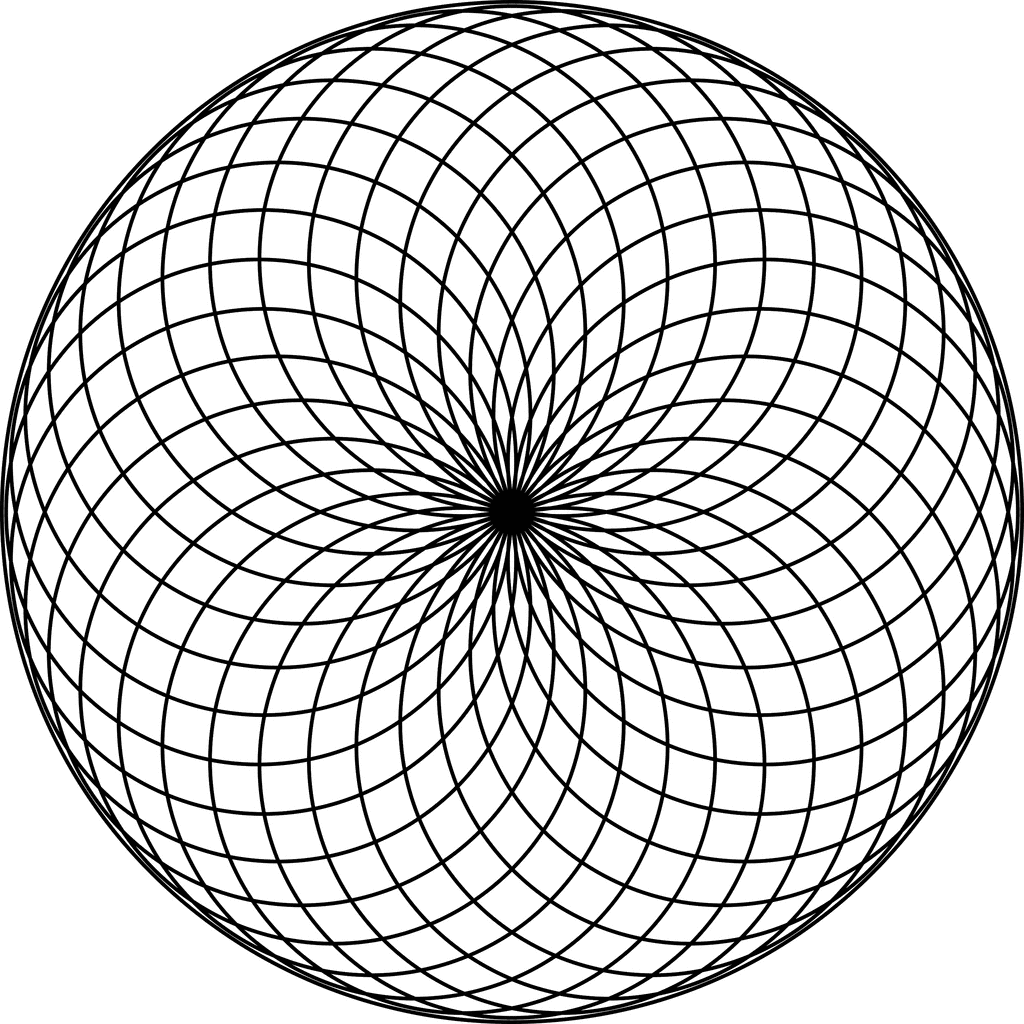The Method
 The METHOD
The METHOD
The basic idea inherent in the practice of a Psychoanalytically-based Therapy is to FREE UP the EXPRESSION of the UNCONSCIOUS: 'FREE ASSOCIATION' may help bring profoundly suppressed contents to the surface: dreams, fantasies, slips of the tongue or pen, and ASSOCIATIONS - and the CONCATENATION between them (spontaneous LINKS, pace, tempo, styles of delivery, connotations, multiplicity of possible meanings, and the 'atmosphere' created through these, etc.).
The client is invited to talk about whatever crosses their mind.
The more TRUST is developed in the Therapist and in the process of Therapy, the FREER this process becomes - particularly the more the client feels COMFORTABLE bringing/showing parts of themselves they may feel uncomfortable showing in other relationships.
The Therapist strives to be RECEPTIVE to the COMMUNICATIONS taking place at various levels (and in many ways) and to help 'make the unconscious conscious'. The process of ARTICULATING and SYMBOLISING these INSIGHTS bit by bit is what constitutes most characteristically a Psychoanalytic approach and experience. The Therapist works through 'INTERPRETATIONS' - of both 'material' and behaviour - in the context of how the Therapeutic Relationship is panning out at any particular point.
EXPRESSION is all permitted. And VERBAL ARTICULATION is encouraged. At times, when the client unconsciously feels (assumes) some contents cannot be expressed (for whatever reason), they may 'ACT OUT' (by being late, or missing sessions, wanting to push the boundaries of the sessions or of the therapeutic relationship, forgetting, loosing their train of thought, engaging in relationships and activities, both in and out of the consulting room, that 'get in the way' of the process described above ('RESISTANCE' is a natural response).
As the work progresses, both Therapist and Client gain increasing awareness of the individual's 'Internal World/Landscape': the 'figures/objects' (assumptions, expectations and forces) that populate it, and how decisive they may be in influencing and controlling how the individual responds to and even chooses and 'creates' the elements of their experience in life. SELF-UNDERSTANDING ('Know Thyself') - in the PRESENCE of and within THE RELATIONSHIP with an-OTHER - expedites CHANGES in the way they RELATE to each other, and CHANGES - both internal and external - tend to HAPPEN SPONTANEOUSLY (above and beyond conscious control of cognitive or behavioural habits).



